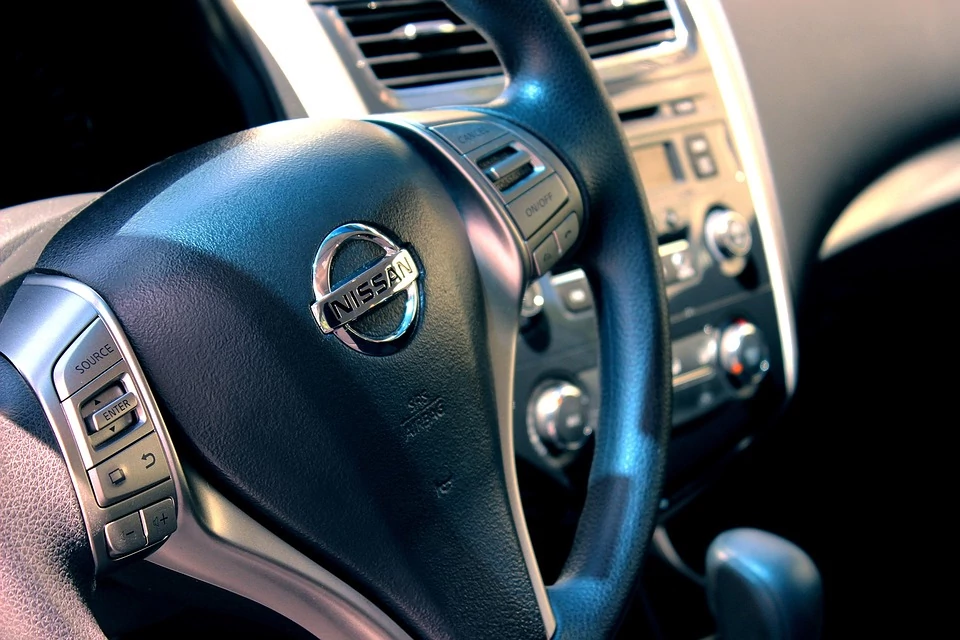Image credit: DayronV via Pixabay
In a race against the European Union’s ambitious 2035 deadline for zero-emission vehicles, Nissan Motor has declared its intent. It aims to exclusively sell electric vehicles (EVs) in Europe by the end of this decade. The announcement was made by Nissan’s President and CEO, Makoto Uchida, during an event held at a Nissan design center in London.
e-Fuel and Hydrogen Will Stay
Nissan intends to align with the EU’s plan with its goal of phasing out most sales of new combustion-engine cars by 2035. This marks a big step towards the era of electric mobility. However, vehicles running on e-fuel and hydrogen will be exceptions to this prohibition.
Nissan’s commitment to electrification is not new. The automaker produces its popular Leaf EVs at the Sunderland assembly plant in northern England. Additionally, it had previously unveiled a £1 billion ($1.21 billion) plan to create a British EV hub, complete with a new battery plant.
Adapting to Changing Regulations
Originally, the company had set an ambitious target. It aimed for 98% of its European sales volume to be electrified by the fiscal year ending March 2027. This figure included vehicles powered by Nissan’s proprietary e-Power hybrid technology.
However, as the EU has been tightening regulations against internal combustion engines, Nissan is adapting its strategy. Now, the focus is shifting entirely to all-electric vehicles in the region. This shift excludes necessary updates to existing models.
While the regulatory landscape in Europe has been experiencing some flux, with the UK postponing its ban on new gasoline and diesel vehicle sales to 2035 from the initially proposed 2030, automakers like Nissan are stepping ahead with their electrification initiatives. In fact, Nissan’s rival, Toyota Motor, aims to have electric vehicles make up half of its new sales in western Europe by 2030. Moreover, all-new sales are planned to be electric, fuel cell, or other zero-emission vehicles by 2035, in line with the EU’s ban.
Meanwhile, Honda Motor is eyeing a global shift. It aims to sell only EVs and fuel cell vehicles by 2040, highlighting the growing consensus among automakers regarding the future of mobility.
Going Greener and Getting Bigger
The Japanese automaker is not only eyeing a greener future. It is also aiming for more growth.
Nissan and its French alliance partner, Renault, recently entered into a revised capital relationship. As part of this agreement, each company owns a 15% stake in the other. As a result, Nissan is set to invest up to €600 million ($638 million) in Ampere, an EV company to be established by Renault. This move will further accelerate Nissan’s electrification strategy in Europe.
Nissan’s ambitious plan to go all-electric in Europe by 2030 sets a head-turning milestone in the global shift toward sustainable transportation.

